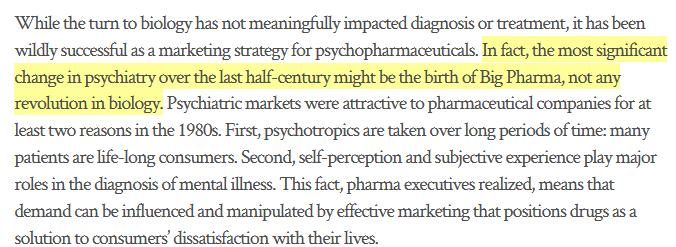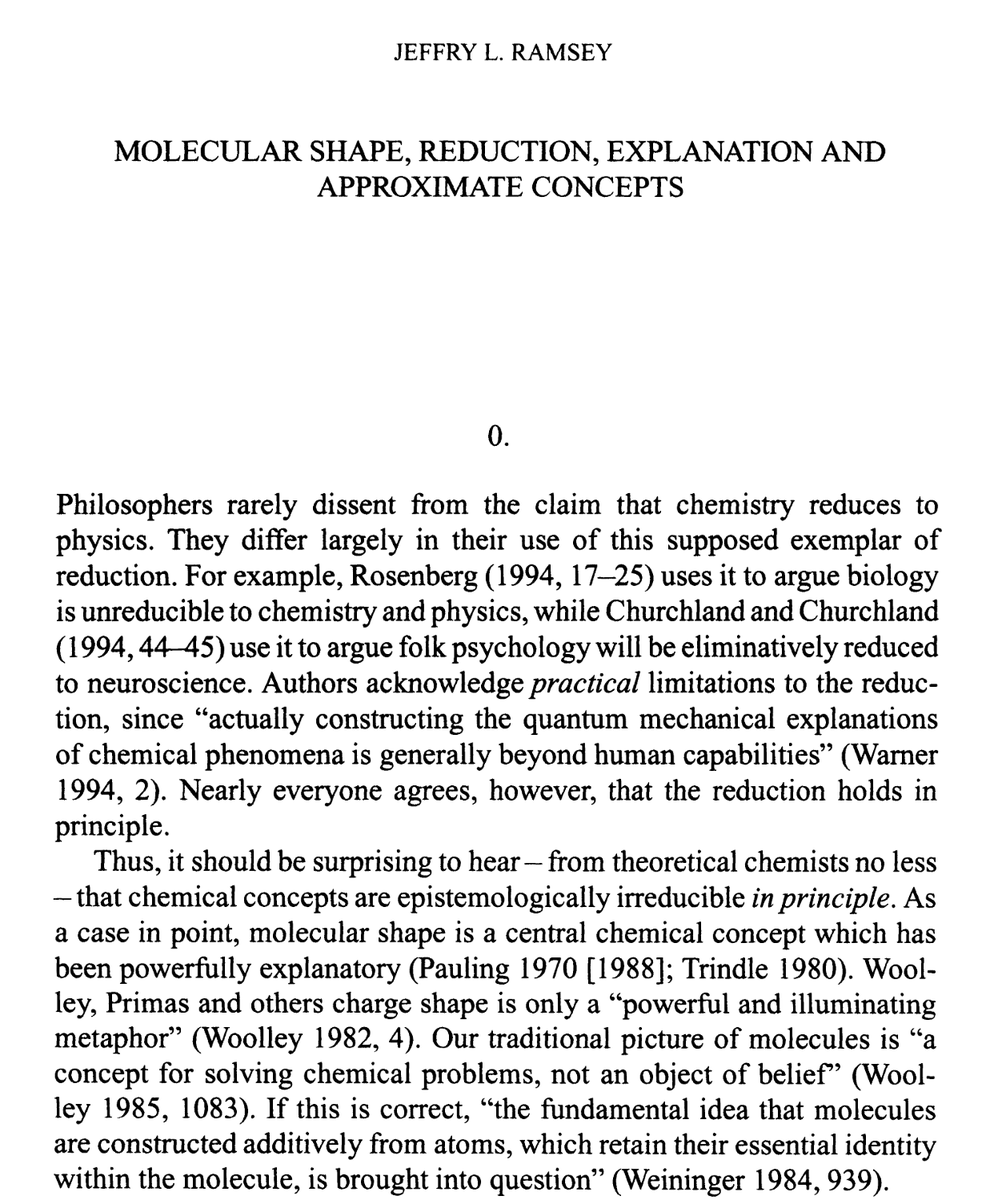
🧠 computational neuroscience | emergence 🤖
Science Writer, Kempner Institute at Harvard University @KempnerInst
🎓 Lecturer at BU
(views here are my own!)
How to get URL link on X (Twitter) App


 "We chose the principle of least action because we think that its importance and aesthetic value as a unifying idea in physics is not sufficiently emphasized in regular courses."
"We chose the principle of least action because we think that its importance and aesthetic value as a unifying idea in physics is not sufficiently emphasized in regular courses."

https://twitter.com/hakwanlau/status/1703456808910860646"The reality is, since the 1990s, the science of consciousness is simply unique in that it is heavily driven by stardom, amid the paucity of conventional academic mechanisms for meritocracy".




 The iron rule is deceptively simple: public scientific reason only cares about agreement between theory and empirical findings.
The iron rule is deceptively simple: public scientific reason only cares about agreement between theory and empirical findings. 

https://twitter.com/mattbotvinick/status/1663620128649494528Many people who aren't eliminativists/epiphenomenalists say that science has a blind spot in the form of experience.



https://twitter.com/0xmaddie_/status/1636402060500295680There is a species of "market nihilism" that often comes up when this topic is broached. People will say "if we don't do it then the other guy will." In a society where democratic will (or the will of an absolute ruler) can enforce tech controls, this logic doesn't work.

https://twitter.com/PessoaBrain/status/1585007045237145600The book does seem really interesting.
https://twitter.com/DanRosiak/status/1584954775141224449







https://twitter.com/utafrith/status/1574772536990175233In this one I critique the absurdities of neurochemical reductionism, which is little better than the four humours theory of ancient Greek medicine.

https://mobile.twitter.com/DrYohanJohn/status/1569701159568347137"the fundamental idea that molecules are constructed additively from atoms, which retain their essential identity within the molecule, is brought into question"


 Computation blurs the line between "words and fancies" and "alembics and cucurbits": we learn how to do real things with a restricted set of language-like utterances: logic.
Computation blurs the line between "words and fancies" and "alembics and cucurbits": we learn how to do real things with a restricted set of language-like utterances: logic.

https://twitter.com/AndrewPolonsky/status/1552736062707044353
 "The proof of an axiom can only be intuitive, which is to say that an axiom has to be grasped immediately, in a single act."
"The proof of an axiom can only be intuitive, which is to say that an axiom has to be grasped immediately, in a single act."

 "... the notions of ‘invariance’ and ‘change’ are contradictory if we consider them separately. The same thing is true of the notions ‘unity’ and ‘multitude’. Thus it seems that according to Brouwer, we are able to intuit contradictory notions in a single action."
"... the notions of ‘invariance’ and ‘change’ are contradictory if we consider them separately. The same thing is true of the notions ‘unity’ and ‘multitude’. Thus it seems that according to Brouwer, we are able to intuit contradictory notions in a single action." 